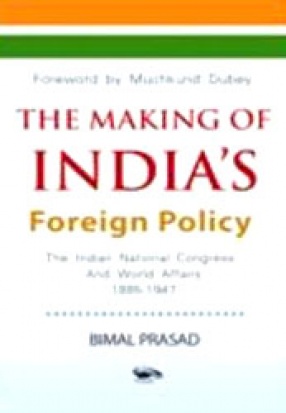
Bimal Prasad

Showing all 15 books


Indias Foreign policy has a historial back ground which has not so far been systematically studied. The india National Congress, the main organization that carried the strughle for national freedom, showed interest in question of foreign policy right form its birth in 1885. this interest, at first limited, grew with the broadening of its general political outlook. Gradually, certain principles on foreign policy and certain ways of looking at world affairs ...
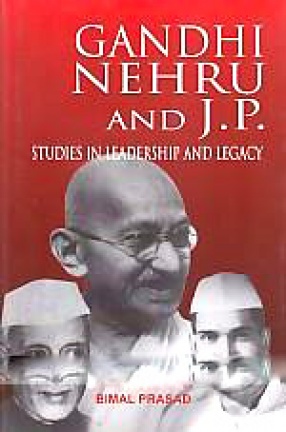
There is no dearth of separate studies on Gandhi, Nehru and J.P., the three leading political leaders and thinkers of Modern India. However, most of them are either adulatory or derogatory. There is hardly any book which offers a balanced and critical view of all the three leaders under one cover and in a comparative perspective, in the context of their objective of establishing a just economic, social and political order in India. This book is a pioneering ...

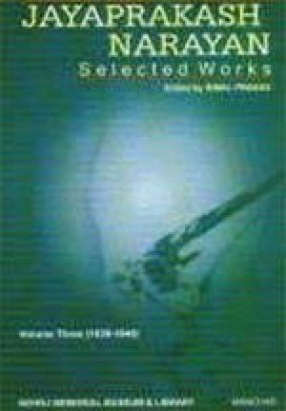
Jayaprakash Narayan (1902-79) was one of the most prominent leaders and thinkers produced by India in modern times. Although never seeking power for himself, he played a major role not only in the struggle for independence, but also in the Socialist and Sarvodaya movements and finally in the movement against authoritarianism (1974-7), popularly known as the J.P. movement. This series of volumes has been planned with a view to presenting as full a picture as ...

This is the first of a three volume study of the background of India's partition, decidedly one of the seminal developments in the history of the subcontinent. Rejecting the widely held view that partition was the result mainly of British manipulation and the mistakes or intransigence of certain Indian leaders, the author asserts that it was the result primarily of a powerful movement of Muslim nationalism. This volume is devoted to a discussion of the ...

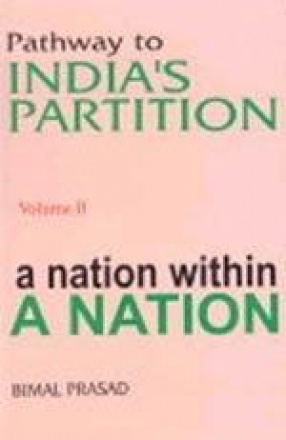
This volume seeks to analyse the evolution of Muslim nationalism from 1877 to 1937. This exercise has resulted in highlighting certain trends which have been so far either ignored or underplayed, at any rate in India. It, for instance, shows that the two nation theory was as old as the movement for Muslim awakening and solidarity and almost all its leaders firmly believed in it. Similarly the idea of Pakistan, instead of being born in 1933 with Rehmat Ali's ...

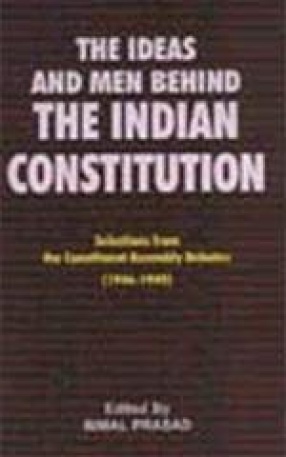
This book seeks to commemorate the completion of fifty years of the working of the Indian Constitution (January 26, 1950—January 26, 2000), generally considered as one of the proudest accomplishments of our country since the achievement of independence (1947). This has been done by bringing together in one volume of moderate size the most important speeches delivered in the Constituent Assembly (1946-49). The Introduction by the editor, one of the eminent ...
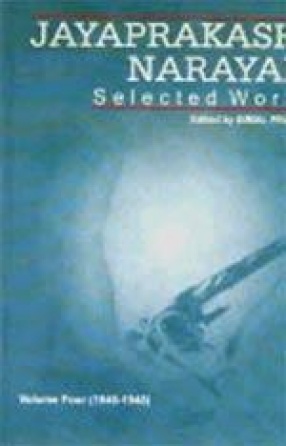
Jayaprakash Narayan (1902-79) was one of the most prominent leaders and thinkers that India has produced in modern times. Although he never sought power for himself, he played a major role not only in the struggle for independence, but also in the Socialist and Sarvodaya movements and finally in the movement against authoritarianism (1974-7). This series of volumes has been planned with a view to presenting as comprehensive a picture as possible of the evolution ...
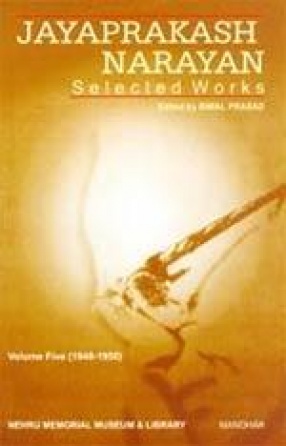
Jayaprakash Narayan (1902-79) was one of the most prominent leaders and thinkers that India has produced in modern times. Although he never sought power for himself, he played a major role not only in the struggle for Independence, but also in the Socialist and Sarvodaya movements and finally in the movement for strengthening democracy, popularly known as the J.P. movement. This series of volumes has been planned with a view to presenting as comprehensive a ...
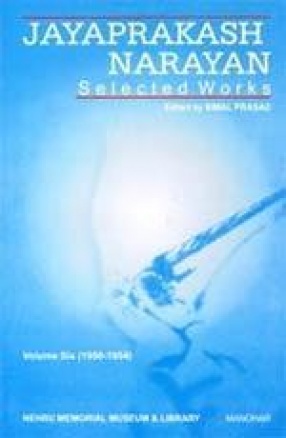
Jayaprakash Narayan (1902-79) was one of the most prominent leaders and thinkers that India has produced in modern times. Although he never sought power for himself, he played a major role not only in the struggle for Independence, but also in the Socialist and Sarvodaya movements and finally in the movement for strengthening democracy, popularly known as the J.P. movement. This series of volumes has been planned with a view to presenting as comprehensive a ...
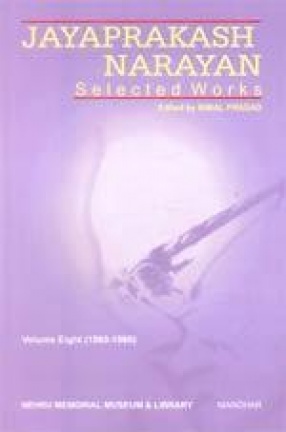
Jayaprakash Narayan (1902-79) was one of the most prominent leaders and thinkers that India has produced in modern times. Although he never sought power for himself, he played a major role not only in the struggle for Independence, but also in the Socialist and Sarvodaya movements and finally in the movement for strengthening democracy, popularly known as the J.P. movement. Thos series of volumes has been planned with a view to presenting as comprehensive a ...
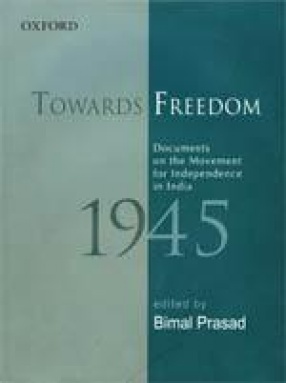
The Towards Freedom volumes, each edited by a distinguished scholar, bring together historical materials relating to the period 1937-47 from a wide variety of sources--official records, private and organizational papers, newspapers, and other contemporary publications available within the country. It presents, documents relating to the activities, attitudes, and ideas of diverse classes and sections of Indian society, all of which contributed to the attainment of ...

Jayaprakash Narayan (1902-79) was one of the most prominent leaders and thinkers that India produced in modern times. Although he never sought power for himself, he played a major role not only in the struggle for independence, but also in the Socialist and Sarvodaya Movements and finally in the movement for strengthening democracy, popularly known as the J.P. Movement. This series of volumes has been planned with a view to presenting as comprehensive a picture ...
